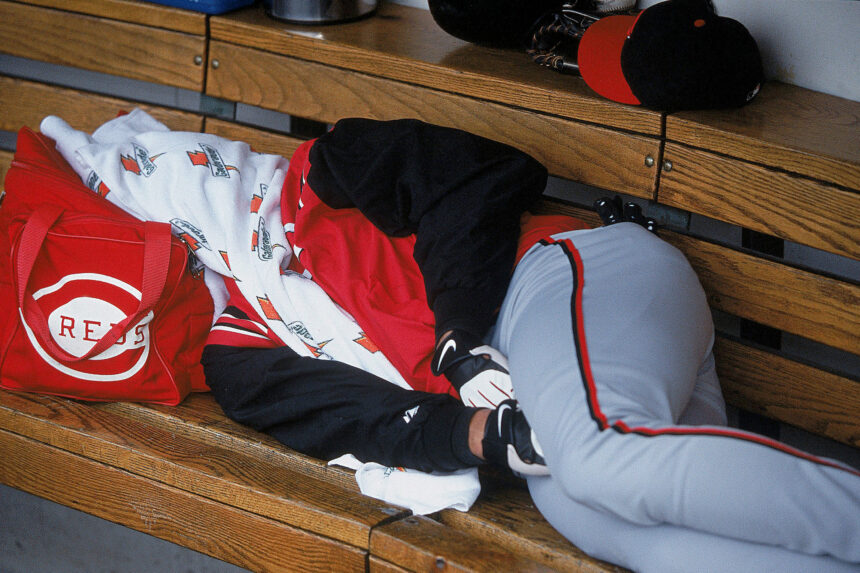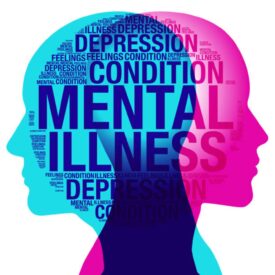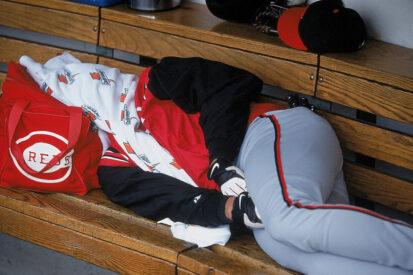Sleep. It is such a simple concept. It is something that we do every single day. Often, we don’t realize how sleep can play such an essential role in our mental performance. Getting a good night’s sleep can help with various factors, including playing an essential role in physical recovery, allowing the brain to process and store memories/skills learned during training and competition, and improving your mood by helping you feel less irritable, anxious, or depressed. Sleep is essential for your mental and physical performance in sports; getting that 7-8 hours of sleep each night can help you optimize your capabilities. So what are some steps we can take to make sure we are getting plenty of zzzzz’s:
- Develop a Consistent Sleep Schedule: Find a time that works for you and stick to it. Going to bed and waking up simultaneously daily, even on weekends, will help you develop a routine. This will ensure you get that much-needed 7 – 8 hours of sleep.
- Create an Environment Made For Sleep: Give yourself an environment that helps you sleep. Let your bedroom be dark, quiet, and cool to help promote relaxation. Put away your phones, laptops, or any other screens you might as well. Exposure to those screens can disrupt the body’s natural sleep-wake cycle and make it more challenging to produce the melatonin to help you sleep. Avoid those screens for at least an hour before bedtime.
- Find Time to Wind Down: This builds on putting those screens away an hour before bedtime. Instead, take up activities such as reading, journaling, bathing, or meditating to help you relax your mind and body before bed. Those relaxation activities can help your mind rest and get the recovery it needs before bed. Writing down thoughts by journaling can help you take those thoughts that are making your head spin and put them down on paper. Meditating can help you find some zen and put away any craziness you had for the day.
- Strategically Nap: Short naps can help improve your alertness and performance. Instead of consuming caffeine, rest briefly to get you jolted and ready for the task. Stay away from napping too late in the day or for too long, as this could interfere with your nighttime sleep.
- Limit Caffeine and Alcohol Intake: Everyone loves that fresh cup of coffee to start their day, but too much caffeine or caffeine later in the day can impact your sleep schedule and your sleep quality. The same goes for alcohol. Too much alcohol can influence the quality of sleep you get at night.
Prioritizing sleep and establishing healthy sleep habits can help you optimize your mental and physical performance as an athlete. It can be easy to overlook the power of sleep. Still, the earlier you can recognize that sleep is a critical component of your training and recovery, the sooner you’ll be able to capitalize on it. Getting those 7 – 8 hours of sleep might just be the jolt you need for your performance on the field!










